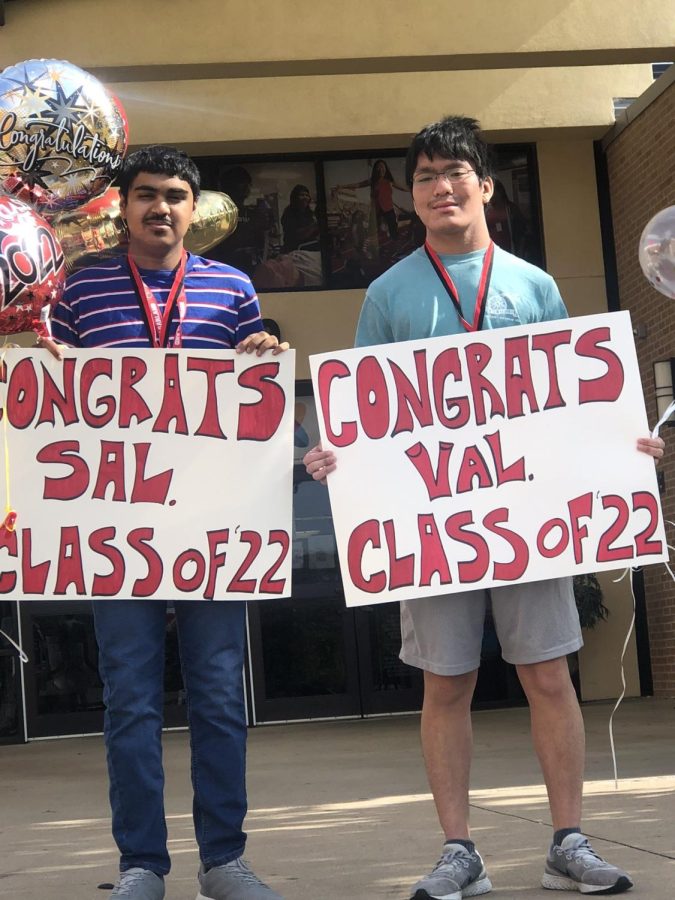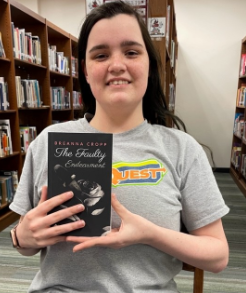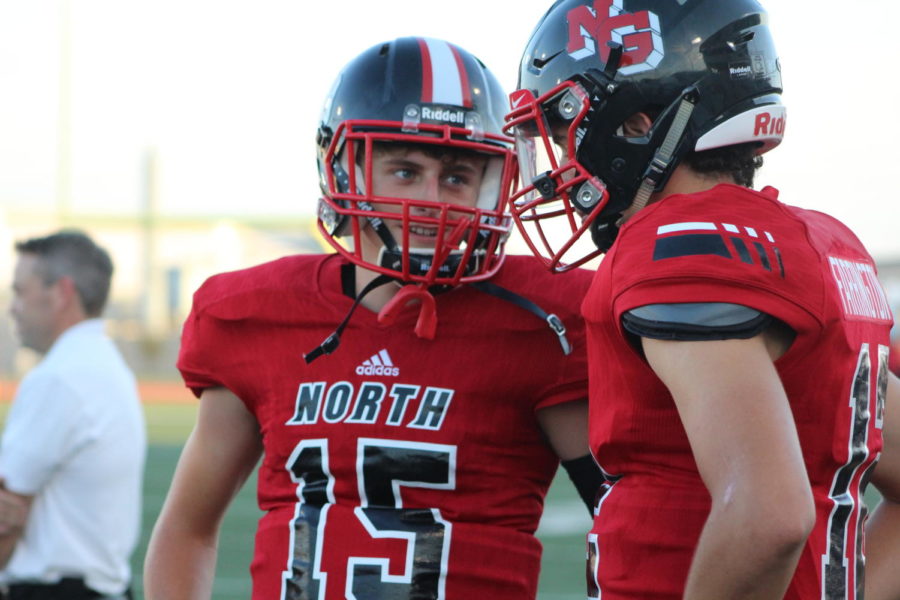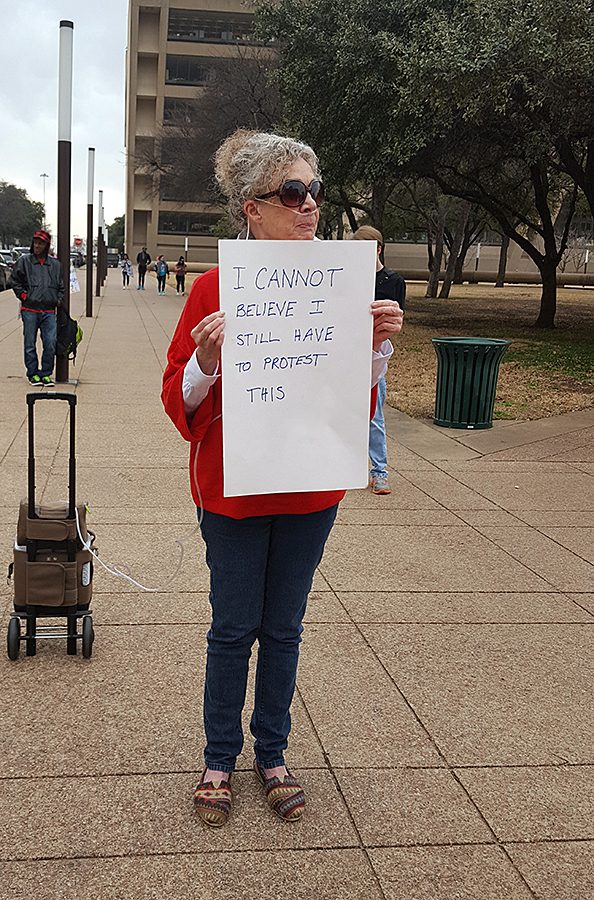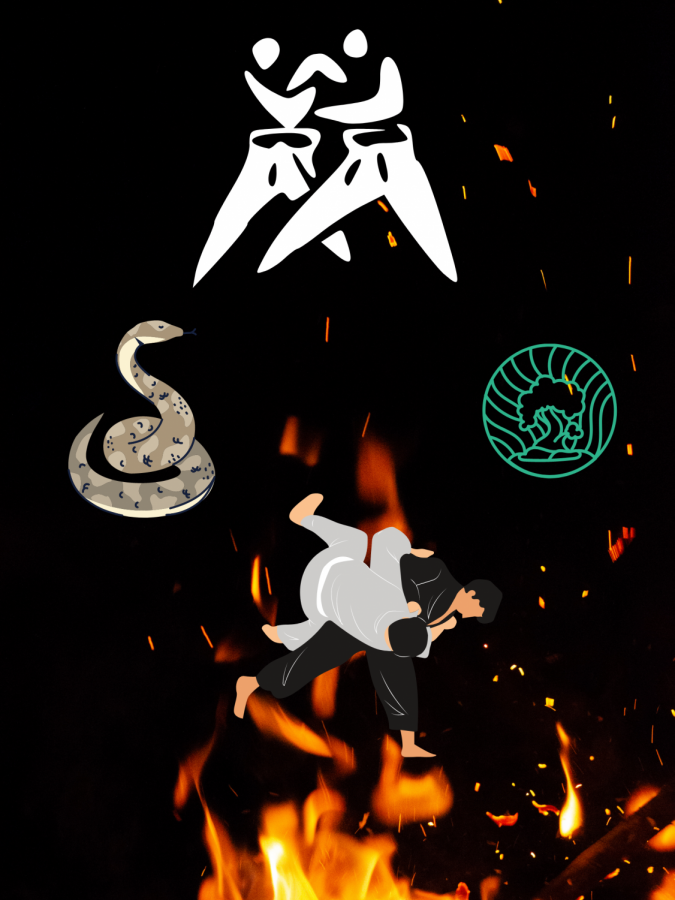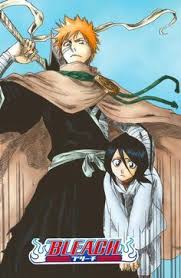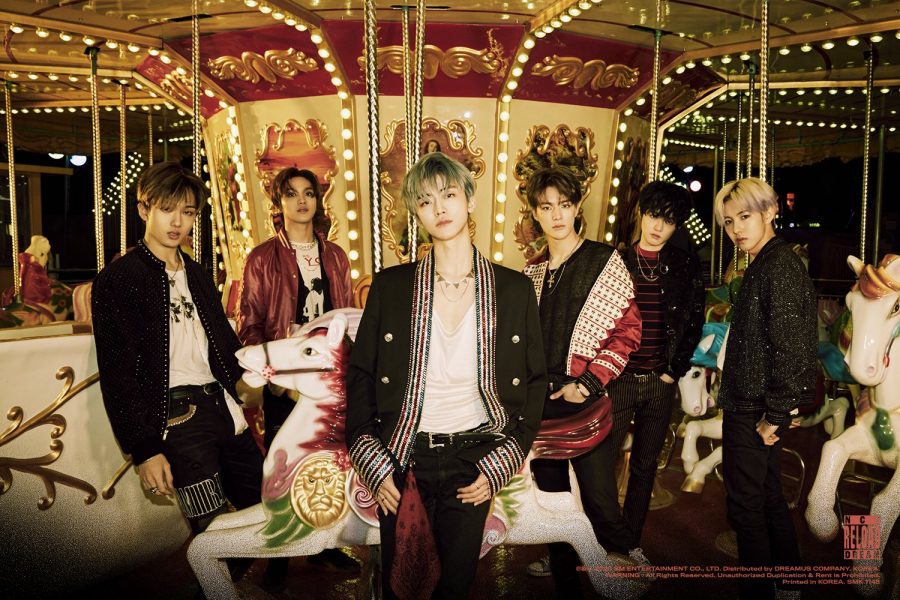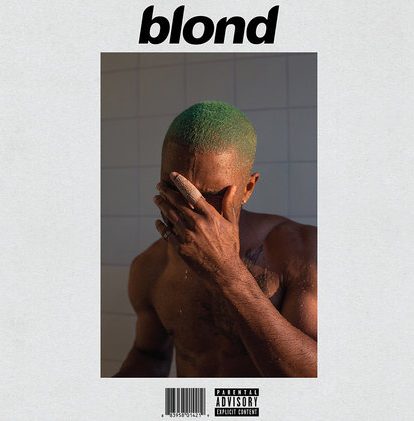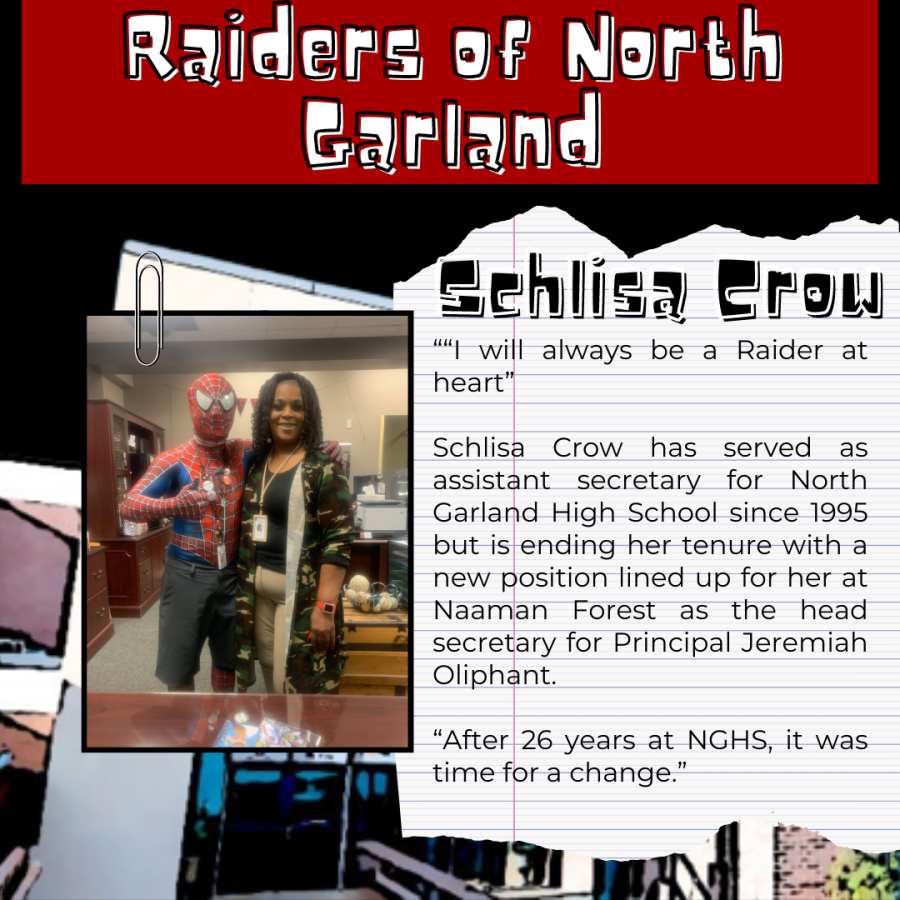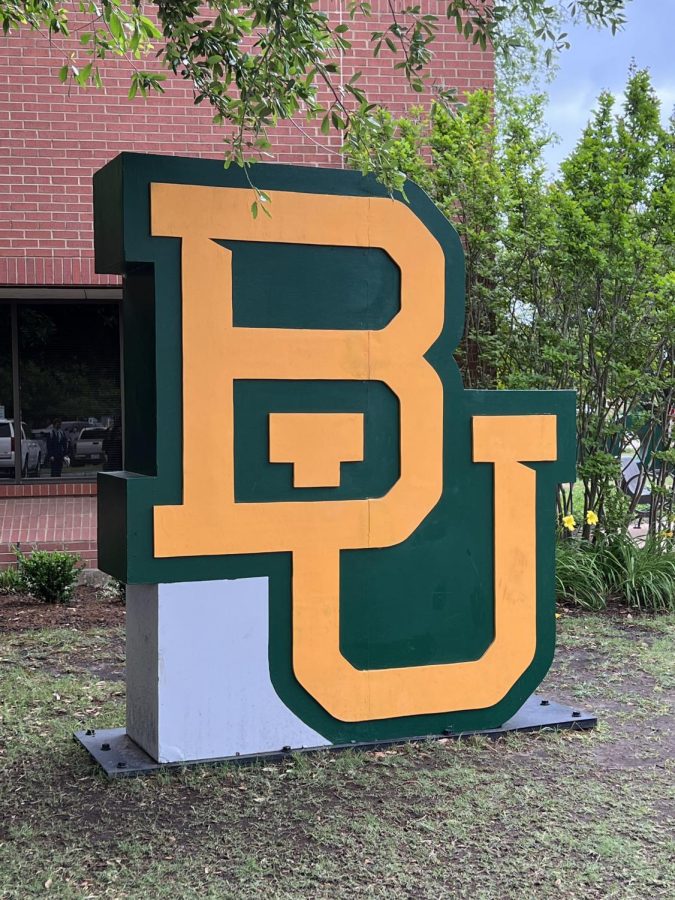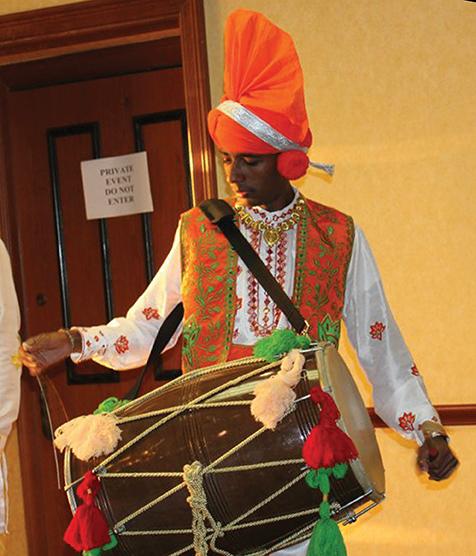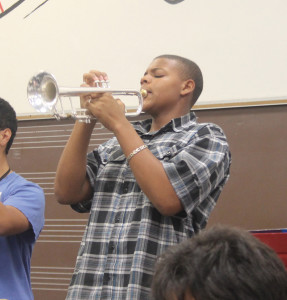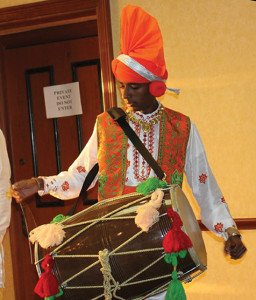Devaughn Durham
He dashes toward the sideline, saxophone in tow. He glides past the trumpets and through the trombones, making sure he doesn’t collide with either. Every day after school, sophmore Devaughn Durham has practiced this transition, so now, he is sure in his footing. After safely making it to the sideline, he positions his saxophone into the mic, closes his eyes and begins his solo.
Durham started playing the saxophone in the sixth grade. However, it was not his first choice.
“My first choice was trumpet but my lips weren’t right for brass,” Durham said. “Saxophone was my second choice, so I decided to play that.”
He later realized that he enjoyed playing the saxophone once it became easy to him. At the age of 15, Durham opened for six professional saxophone players at a concert in Downtown Dallas.
“I was very honored and humbled at the same time,” Durham said. “That was my first time performing on a stage. I perform at church, but that was in front of 1,500 [to] 1,700 people. I really embraced it, and I did what I could do so I had fun.”
Durham believes that the biggest honor he has received so far was an award for Jazz Band during his eighth grade year.
“They started an award where you’re basically the best Jazz player or influence in Jazz Band,” Durham said. “It started when I was there, and I got my name on a plaque.”
His least favorite aspect of playing the saxophone is having to deal with reeds. However, Durham’s favorite aspect of the saxophone is playing jazz.
“You don’t have to stick to the rules. You can bend them a lot without getting in trouble or sounding bad,” Durham said. “There are a lot of features and special effects you can use.”
Durham is grateful to have the opportunity to play saxophone.
“It makes me feel proud, because it’s kind of like learning another language,” Durham said. “Other people don’t have that opportunity and I can express myself in a different way.” Durham said.He dashes toward the sideline, saxophone in tow. He glides past the trumpets and through the trombones, making sure he doesn’t collide with either. Every day after school, sophmore Devaughn Durham has practiced this transition, so now, he is sure in his footing. After safely making it to the sideline, he positions his saxophone into the mic, closes his eyes and begins his solo.
Durham started playing the saxophone in the sixth grade. However, it was not his first choice.
“My first choice was trumpet but my lips weren’t right for brass,” Durham said. “Saxophone was my second choice, so I decided to play that.”
He later realized that he enjoyed playing the saxophone once it became easy to him. At the age of 15, Durham opened for six professional saxophone players at a concert in Downtown Dallas.
“I was very honored and humbled at the same time,” Durham said. “That was my first time performing on a stage. I perform at church, but that was in front of 1,500 [to] 1,700 people. I really embraced it, and I did what I could do so I had fun.”
Durham believes that the biggest honor he has received so far was an award for Jazz Band during his eighth grade year.
“They started an award where you’re basically the best Jazz player or influence in Jazz Band,” Durham said. “It started when I was there, and I got my name on a plaque.”
His least favorite aspect of playing the saxophone is having to deal with reeds. However, Durham’s favorite aspect of the saxophone is playing jazz.
“You don’t have to stick to the rules. You can bend them a lot without getting in trouble or sounding bad,” Durham said. “There are a lot of features and special effects you can use.”
Durham is grateful to have the opportunity to play saxophone.
“It makes me feel proud, because it’s kind of like learning another language,” Durham said. “Other people don’t have that opportunity and I can express myself in a different way.” Durham said.
Trenord Fobb
Every Wednesday night, after two hours of marching band, junior Trenord Fobb arrives at his church, ready to rehearse with the church band. In addition to playing the trumpet for the school band, Fobb plays the organ and sings at his church.
“I love playing [both instruments]. But I play the trumpet more than I play the organ,” Fobb said. “I try to sound my best on both. I’m the main musician at my church. And I’m the main trumpet player here, so I try to do my best.”
Although he initially wanted to play percussion in middle school, Fobb began playing the trumpet in the sixth grade. He then began learning the organ soon after.
“I actually really wanted to learn how to play the piano at first, but I decided to play the organ just to play it,” Fobb said. “I heard other people play it. It sounded cool.”
He believes that the trumpet is harder to play than the organ, because it requires a perfect embouchure, the way the lips are positioned on the mouthpiece, and a lot of air. He said as long as a player’s fingers are working, they can play the piano.
“For me, my embouchure is so unpredictable,” Fobb said. “One moment, I could be hitting as high as a triple C. But the next moment, I can barely hit anything. It depends on how good I’m feeling at the time. As far as the piano, no matter how good I feel, if I press that note, it’s gonna sound the exact same. If I know the notes, it’s gonna sound the exact same.”
Right now, he is learning to play songs for the talent show. Although Fobb aspires to focus on music performance in the future, he knows that he will not know when his next paycheck will come in. Instead, he will major in music education in hopes of becoming a band director or a related job in the music field. Fobb also expresses his love of music by singing every Sunday in church.
“I love singing so much, it’s ridiculous,” Fobb said. “I like singing more because it expresses myself in a different way. I try hard to play my trumpet the way I sing. But the thing about singing is that it’s also something that is based on how you’re feeling that day.”
Jason Gill
As he waddles up the staircase onto the stage, senior Jason Gill carries his dhol, a traditional Indian drum, before facing his audience. With a sudden blow, he begins the rhythmic beat with ease. He performs at events playing the dhol, tubla and dhollak which are traditional Indian percussion instruments.
Gill was inspired to play these instruments by his dad, who played Indian music at home regularly.
“I picked up on it pretty quickly, because a lot of the music I listen to is Indian music. I already have the beats in my head,” Gill said. “I just needed to learn how to play it.”
While at the gigs, Gill also wears a traditional Indian costume that consists of a long bed sheet-type cloth that is tied around his waist, a turban that he wears on his head and traditional Indian shoes.
“It represents my culture,” Gill said. “The costume I wear goes along with the instrument I’m playing.”
Gill admits that it was a challenge learning how to play the instruments, especially the dhol, because of its heavy weight.
“At first I could never get my hands the right way or the drum to sound the right way, so it seemed really hard,” Gill said. “But I would practice for about three hours a day and that has made all the difference.”
Gill has been playing gigs almost every weekend since the summer before his sophomore year. While he primarily plays wedding receptions, he has worked graduation parties, festivals and even a cricket game.
“I love it,” Gill said. “I get to talk to cute girls. I get to dance. And I get to eat free food.”
Although Gill advertises using business cards, he also receives more opportunities for gigs from attendees at his performances. After high school, Gill plans to open a business selling both Indian and American instruments and offering lessons to people wanting to learn how to play.
“I feel like there’s not that many [businesses that specialize in teaching Indian instruments] in the Dallas area,” Gill said. “I want to give kids an opportunity to learn without having trouble finding classes. I don’t want that to hinder them from learning how to play.”

